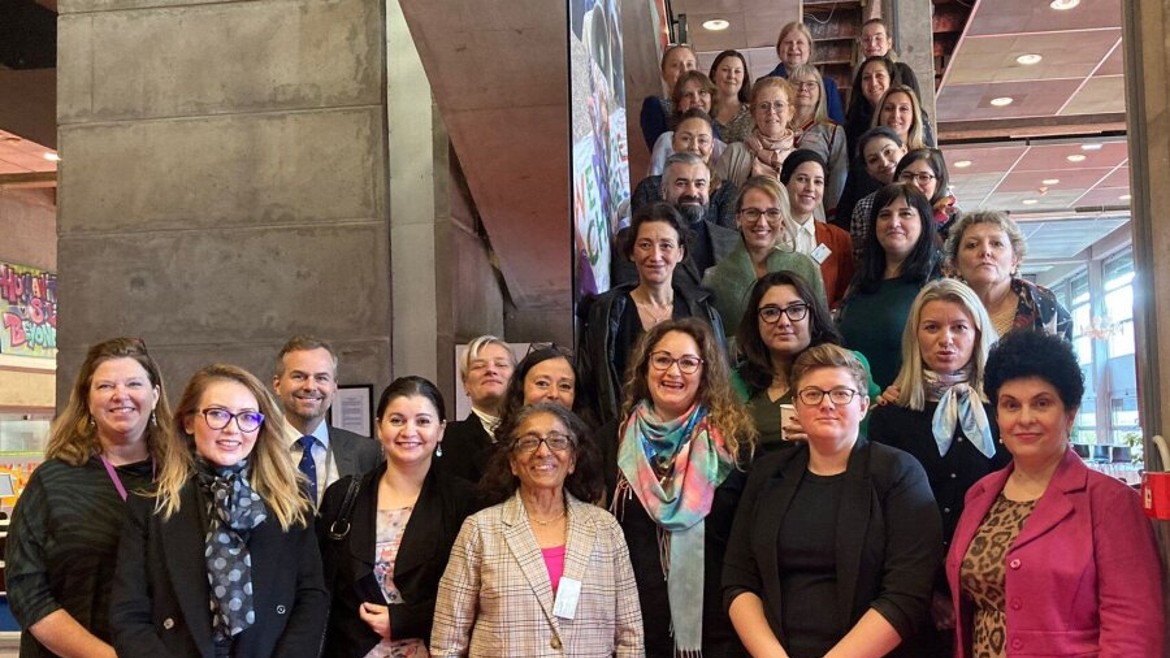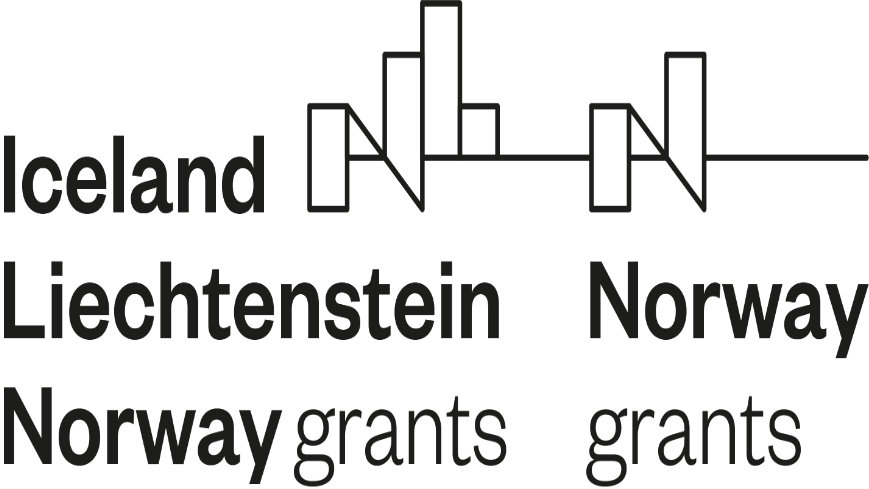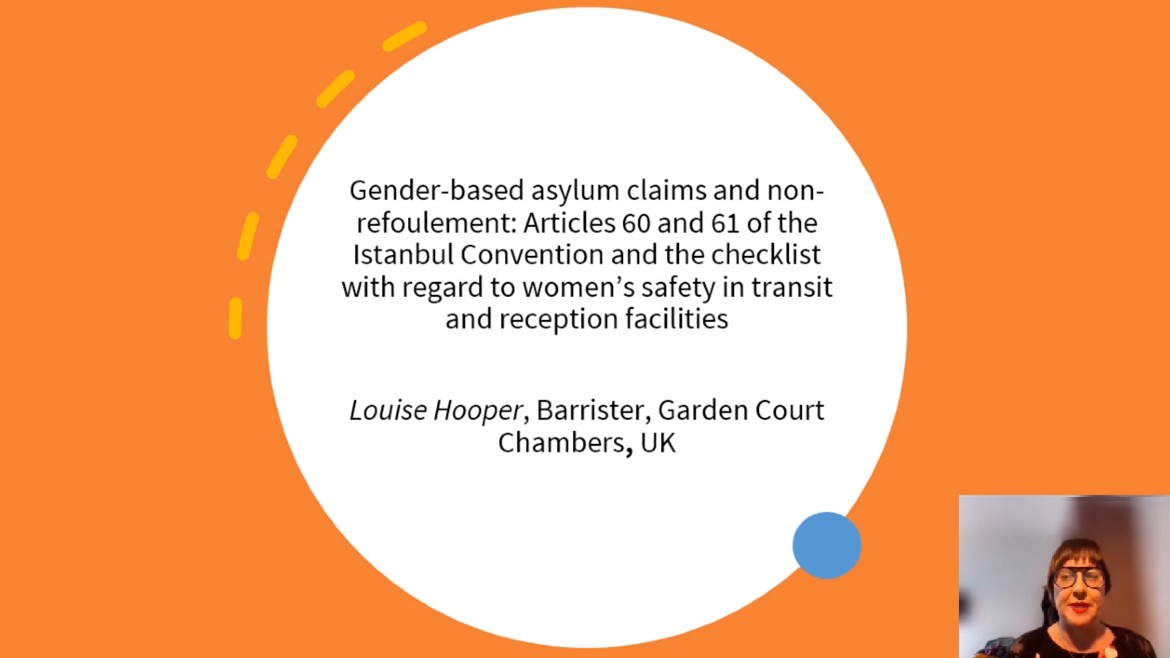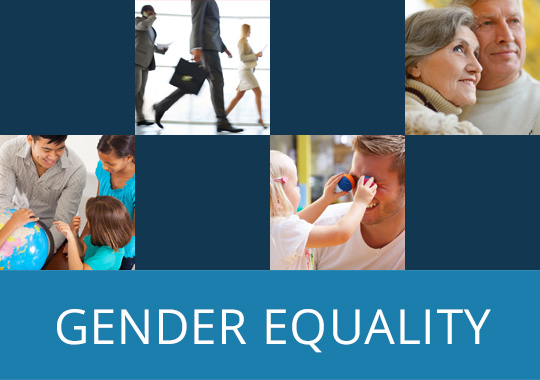Given the fastest-growing refugee flow in Europe since World War II with over four million Ukrainians fleeing, how can refugee, migrant and asylum-seeking women and girls be protected from abuse, violence and exploitation when crossing borders?
In her address to the EEA/Norway Grants’ SYNERGY Network on gender-based and domestic violence, Louise Hooper, an asylum lawyer and expert to the Council of Europe on issues related to migration and gender, provides concrete recommendations on how to develop gender-sensitive reception procedures and support services for asylum seekers. Based on the 2019 Council of Europe publication, Gender-based asylum claims and non-refoulement: Articles 60 and 61 of the Istanbul Convention, that she authored, she also presents a checklist with regard to women’s safety in transit and reception facilities. Among other pressing questions addressed by Ms Hooper are the following:
- What should we do at the border for gender-sensitive reception of refugees and asylum seekers? (06:16)
- How can gender-sensitive screening of refugees and asylum seekers be achieved (07:52) and how can they be best screened for vulnerability? (08:59)
- How can transit and reception centres be gender-sensitive? (09:26)
- What should be done inside transit and reception centres to meet the needs of asylum seeking and refugee women and girls? (11:25)
- How can you ensure access to justice for asylum seeking and refugee women and girls? (12:33)
- What should be considered for asylum seeking and refugee women and girls to gain access to health care? (13:00)
- How can staff be trained to be gender sensitive when working with asylum seeking and refugee women and girls? (13:46)
- What broader policies to ensure safety could be pursued to deepen protection of asylum seeking and refugee women and girls? (14:15)
Louise Hooper’s presentation was made in the context of the SYNERGY conference, Protecting Refugee, Migrant and Asylum-seeking Women and Girls from violence held on 30 March 2022. This online conference was organised by the Council of Europe and the Norwegian Ministry of Justice and Public Security in order to promote concrete and actionable guidance to relevant stakeholders regarding the protection of displaced women and girls facing different forms of violence, present tools for receiving countries in order for ensure safer transit and reception facilities and discuss intersectional considerations when protecting the rights of migrant, refugee and asylum-seeking women and girls.
The Council of Europe cooperates under the EEA/Norway Grants as an International Partner Organisation and is the main international partner of the SYNERGY Network against Gender-based and Domestic Violence.
Link to the presentation




 Bulgaria
Bulgaria Lithuania
Lithuania Romania
Romania Slovakia
Slovakia


